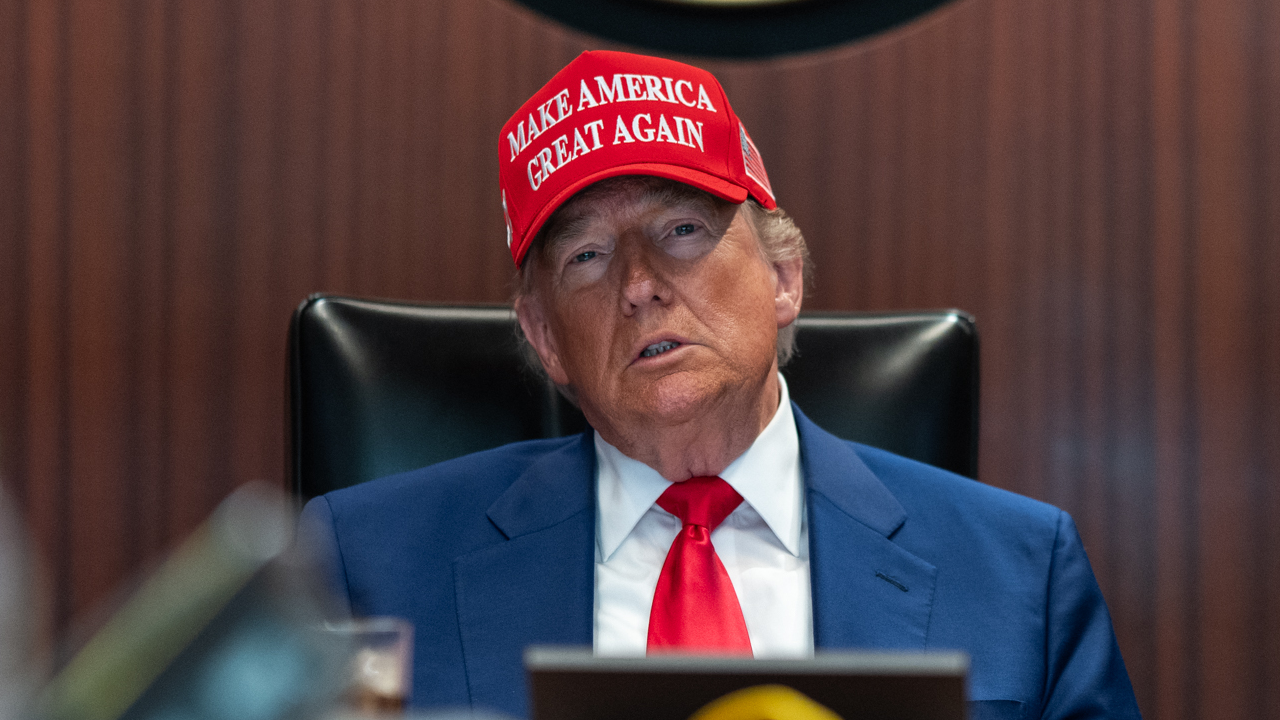Assessing the initial period of any new presidential term requires a focused lens, prioritizing tangible outcomes and understanding the evolving nature of policy, especially concerning national security and the Trump administration. While daily developments often spark anxiety, a closer look at the early months reveals a nuanced landscape, where certain expectations have been defied, and others regrettably confirmed, setting a unique trajectory for US foreign policy.
A significant and concerning development has been the systematic reduction and reshaping of key foreign aid and diplomatic institutions, most notably impacting entities like USAID. This strategic dismantling has unfortunately led to tangible humanitarian repercussions, evidenced by reduced global distribution of essential resources such as life-saving medications and vital disaster relief, a move that critics have broadly condemned as lacking in empathy and foresight. These actions highlight a stark re-evaluation of America’s traditional role in global humanitarian efforts and impact overall diplomatic relations.
Furthermore, the aggressive measures taken against foundational elements of American public diplomacy, including the Voice of America and other pillars of soft power, represent sweeping changes that may prove challenging to reverse. Such profound shifts in the diplomatic apparatus signify a deliberate move away from established norms, raising questions about the long-term impact on global influence and the perceived values underpinning American foreign policy in the international arena, particularly within broader geopolitical strategy.
However, despite these concerning shifts, the early period of this administration has also demonstrated unexpected continuities in core areas of national defense policy. Commitments to key global alliances, particularly across Asia, have been consistently reaffirmed by senior defense officials. This steadfastness signals a strategic resolve that has, for the most part, preserved existing security architectures and maintained stability in critical regions, emphasizing the importance of ongoing defense modernization.
Concurrently, the administration has exhibited a notable degree of strategic restraint in managing complex geopolitical challenges, particularly those involving major global powers like China. This cautious approach, characterized by a measured avoidance of overreaction, has been crucial in preventing potential escalations that could destabilize international relations and impact global stability. This aspect underscores a pragmatic approach to navigating sensitive power dynamics within the administration’s broader geopolitical strategy.
Additionally, the administration’s actions regarding Iran’s nuclear facilities, specifically a decision to target them early in regional conflicts, appear to have been made with considerable deliberation. Regardless of the full extent of their impact, these actions demonstrate a calculated willingness to address pressing security threats with a direct, albeit sometimes controversial, resolve, indicating a specific strategic focus within its broader US foreign policy framework.
While the administration’s inclination towards significant tariffs and a more protectionist economic policy has generated considerable apprehension regarding the global economic order, the worst-case scenarios of alliance ruptures and widespread economic collapse have, so far, not materialized. This resilience suggests that despite radical shifts in trade rhetoric, underlying economic structures and diplomatic ties have shown unexpected robustness, offering a glimmer of hope for future stability and engagement, impacting global diplomatic relations.






Leave a Reply